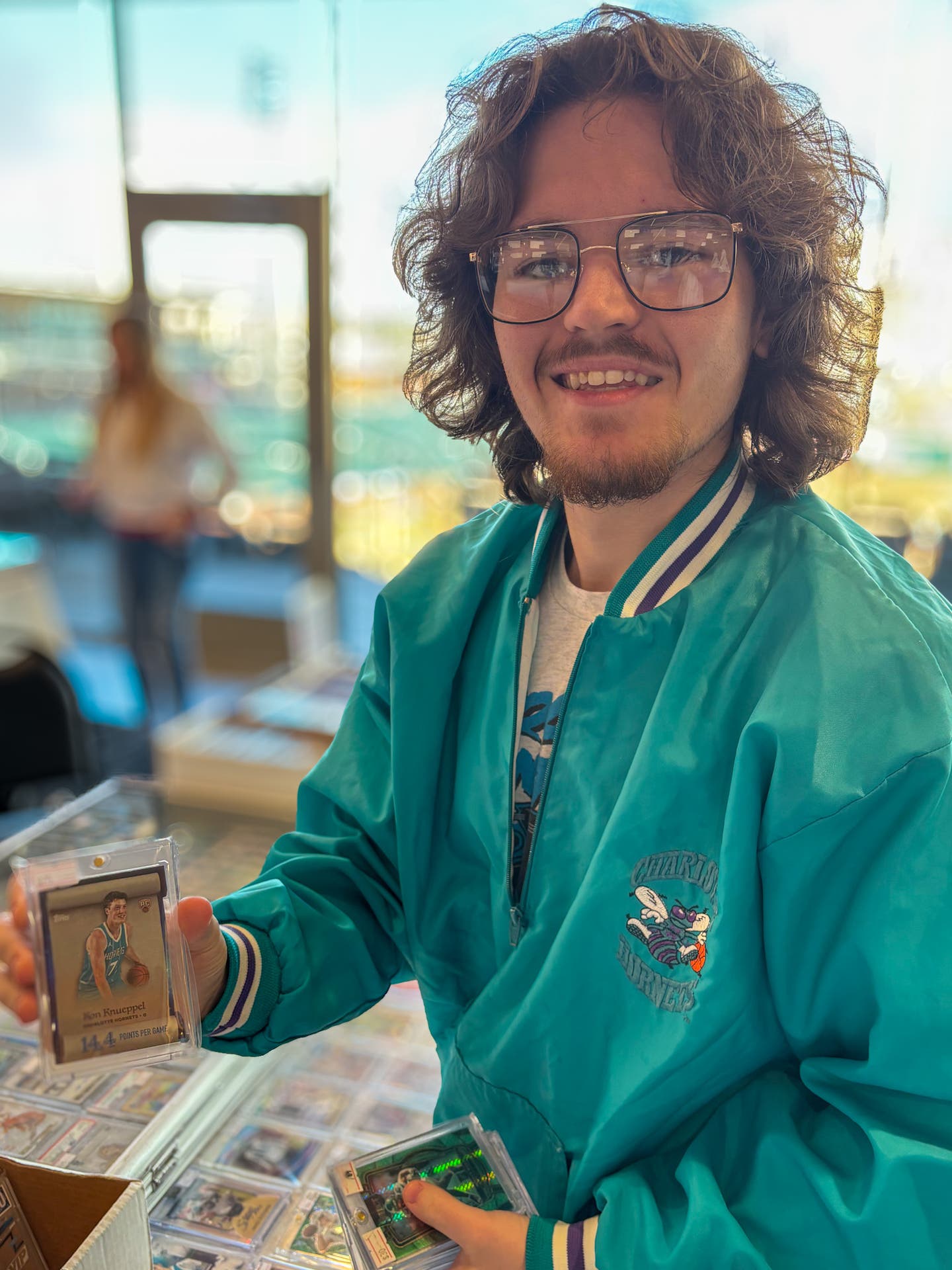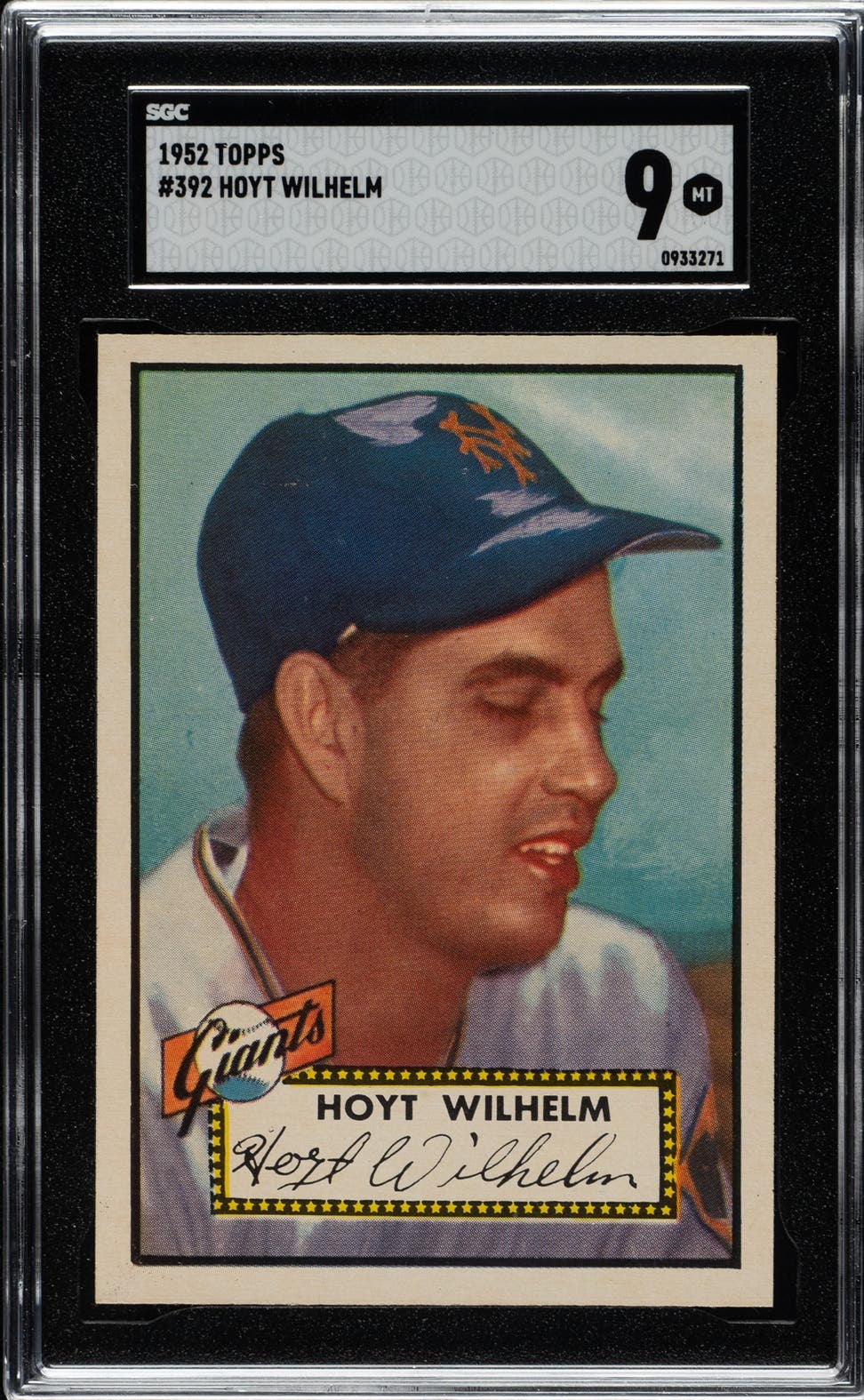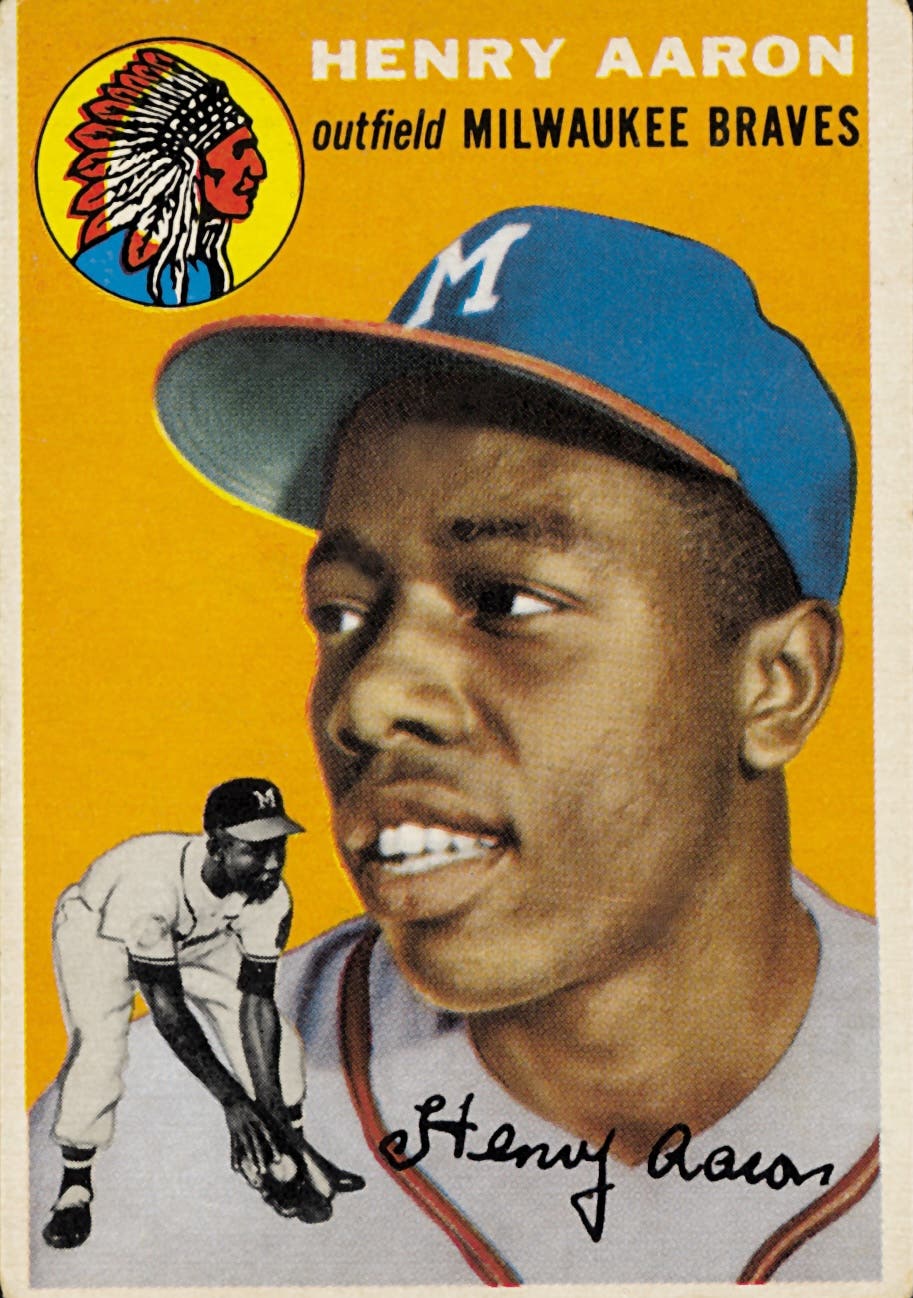News
Exclusive Interview: Bobby Valentine Reflects on His Time in Baseball
By Paul Post
Bobby Valentine is extremely friendly and generous with his time when it comes to signing autographs.
SCD caught up with the former N.Y. Mets skipper in Amsterdam, N.Y., where he did a “meet-and-greet” with fans at the Recovery Sports Grill, a chain of sports-themed restaurants in upstate New York.
While admiring all the photos and jerseys on display, Valentine talked about his own vast collection of memorabilia featuring prized possessions from two of baseball’s all-time greatest hitters, Joe DiMaggio and Ted Williams, and Hall of Fame Dodgers manager Tommy Lasorda. However, there’s one thing missing that Valentine would still like to get hold of.
“I have a lot of my first things, my first Little League home run ball from 1961; my Little League no-hitter that I threw, signed by the whole team in 1962,” Valentine said. “First things are really important. Interestingly enough, in the 2001 All-Star Game that I managed, I really wanted to keep the lineup card. Instead, I gave it to a guy who was in his first All-Star Game. I told him he’d be in many more and I always wanted him to remember his first. That was Albert Pujols. So he has the lineup card from that game.
“I hope he gives it back to me some day,” Valentine said, smiling.
He opened his first restaurant, Bobby Valentine’s Sports Gallery Café, in 1980 in his native Stamford, Conn. Thirty-six years later it’s still going strong.
“It’s called Sports Gallery because all the memorabilia was on display,” he said. “I have a lot of stuff displayed in my home, but it’s all over.”
He also has a restaurant in Hartford, Conn., and previously had several others, including one in Arlington, Texas, from his years managing the Texas Rangers.
Valentine was an outstanding high school baseball and football star, the only three-time All-State football player in Connecticut history. Sports Illustrated voted him one of the best athletes of the 20th century from Connecticut.
A first-round draft pick of the Los Angeles Dodgers, “Bobby V” broke into the big leagues at 19 on Sept. 9, 1969. However, he only played a handful of games. After another year of minor-league seasoning, his rookie campaign was 1971 when the Dodgers and Giants battled down to the wire in one of their many storied pennant races. This time it was for the National League West flag, which the Giants won.
“We were told, as young players, to go out and watch the great ones in batting practice and in infield practice,” Valentine said. “I always watched Willie Mays. He had a grace about him, a strength about him. I loved watching him run the bases. I was amazed at his athleticism.”
He never forgot that Mays, even at 41, still “seemed to be able to do things that other guys weren’t able to do,” Valentine said.
From the Dodgers, Valentine went to the Angels and Padres before joining the Mets in June 1977, the start of a relationship with the team that continues today as an SNY (SportsNet New York) broadcaster.
“The Mets right now are as good as any team in baseball,” he said. “I think they’re going to be that way for quite a while. I mean they still have to play the games. But they��re capable of getting to the World Series and winning it. They’re a very well-balanced team and have as good a pitching (staff) as anyone around.”
Following his retirement as a player, Valentine joined the Mets coaching staff and later managed the team from 1996-2002, with a record of 536-467. He’s best known for guiding the club to the 2000 Fall Classic, New York’s first “Subway Series” since 1957. Of course, this earned him the right to manage the National League All-Star team in the 2001 Mid-Summer Classic in Seattle.
Valentine still wears the jacket from that All-Star Game with the handsome logo on back, another item that he counts among his favorite baseball collectibles.
The National League’s starting catcher was the Mets’ Mike Piazza, who is scheduled for induction this summer into the National Baseball Hall of Fame. Without Piazza, the Mets never would have reached the World Series.
“Mike was a very special player, a real intelligent guy, a very cerebral player,” Valentine said. “He brought a swagger to the team we didn’t have before he got there. He brought a confidence that we could beat anyone. He had a great career, a great time with the Mets. It’s great that he’s going into the Hall of Fame as a New York Met. He’s very deserving and I’m really happy for him.”
Both Valentine’s and Piazza’s careers started out with the Dodgers.
Valentine’s father-in-law, Ralph Branca, was a three-time All-Star pitcher for the Brooklyn Dodgers, who helped lead the them to the 1947 World Series with a 21-12 record and again in 1949 when he went 13-5.
Unfortunately, most of these feats were overshadowed by the one pitch Branca delivered on Oct. 3, 1951, when N.Y. Giant Bobby Thomson’s “Shot Heard Round the World” capped off the most dramatic pennant race in baseball history.
Branca celebrated his 90th birthday on Jan. 6.
“He’s doing great,” Valentine said. “He feels good. He’s waiting for baseball season, as we all are.”
While they share a common brotherhood with the Dodgers, Valentine didn’t meet Branca’s daughter, Mary, until long after he’d left the team.
“I was with the Angels and I was in the Dominican Republic playing Winter Ball. Ralph came down with his family to visit Tommy Lasorda. I met her there; 39 years later we’re talking about whether she really should have gone on that vacation,” Valentine joked.
Branca not only gave Valentine the love of his life, he’s also been a trusted baseball mentor, especially when Valentine turned to managing.
“He was always a great resource, a great sounding board,” Valentine said. “He went through a whole other era of baseball. He understood the history of baseball. He was entrenched in Dodger tradition.
“We got to talk a lot of Dodger baseball, a lot of Met baseball, a lot of great baseball over the years.”
After being let go by the Mets following the 2002 campaign, Valentine managed in Japan, for a second time, where, in 2005, he led the Chiba Lotte Marines to their first Pacific League pennant in 31 years and a four-game Japan Series sweep of the Hanshin Tigers.
Following a stint with ESPN, he returned to the dugout to manage the Boston Red Sox in 2012.
On July 1, 2013, Valentine took over as athletic director at Sacred Heart University in Fairfield, Conn.
Under his leadership, the school’s sports programs are enjoying increased prominence and prestige, along with many new and improved facilities.
“We have 800-plus athletes on 32 Division 1 sports teams,” Valentine said. “I have 90 great coaches who do a great job and take care of the kids.”
However, the focus is much different from managing a major league ballclub.
“I don’t know that there’s any comparison,” Valentine said. “You’re still dealing with people; I guess it’s similar that way. But there’s no similarities as far as the demands on what you’re trying to do. In college you’re trying to make people as good as they can possibly be by the time they leave you. In pro ball, you’re thinking about winning more than development.”
Valentine’s name has come up many times as a candidate for various big league managing vacancies. However, he says circumstances would have to be just right before he puts on a uniform again.
“I don’t have any goals to get back,” he said. “I’ve had conversations with people. It hasn’t really struck my fancy, but who knows? If the right thing pops up and I don’t have to move everything to a different location, or I find something I really like, I might be able to do something.”
However, the chances of him returning might be slim because to baseball’s great loss, the trend today is toward younger managers and coaches. “At 65 years old, there’s not a lot of openings for gray hairs any more,” Valentine said. “It used to be experience was king. Now it’s rather useless.”
Former All-Star hurler Jon Matlack, Valentine’s 1977 Mets teammate, understands just what Valentine means. Matlack had a long, successful career as a big league pitching coach and minor league pitching coordinator before being let go in his early 60s.
Like Valentine, he’s found that hard-won knowledge and experience are no longer in demand from today’s wunderkind general managers.
“Younger coaches are being hired by Ivy League whiz kids who are now the GMs,” Matlack said. “For the most part they didn’t play and lean heavily on statistics and algorithms for reasons to do things and their team’s style of play. Coaches that follow this path are hired, and wisdom and experience go out to pasture.
“Players are rarely allowed to make their own decisions, and therefore derive no credit or take no blame for the outcome,” Matlack said. “This slows competitive growth. Most players are hurried to the major leagues to do as they are told, never being allowed through experience to fully develop into the best players they can be.
“Before, the emphasis was to make players as good as they could be so we could have quality for a long time,” he continued. “Now it’s get them to major leagues as soon as possible and if they break, we’re insured. If they don’t work out or backslide, we’ll get another one. Is this better or worse? Who knows? But it’s definitely different than it once was.”
So valuable baseball men like Valentine and Matlack are contributing in other ways. Matlack shares his wealth of knowledge as a coach for the Glens Falls Dragons of the Perfect Game Collegiate Baseball League in upstate New York.
For Valentine, it’s at Sacred Heart and on SNY, where his insightful analysis brings a welcome perspective to Mets broadcasts. For the time being, there are no openings for him in Major League Baseball.
“But I’m proud of everything I did in the game,” Valentine said.
To view memorabilia at Bobby Valentine’s Sports Gallery Café, visit
www.bobbyv.com. Paul Post is a freelance contributor to SCD. He can be reached at paulpost@nycap.rr.com.








